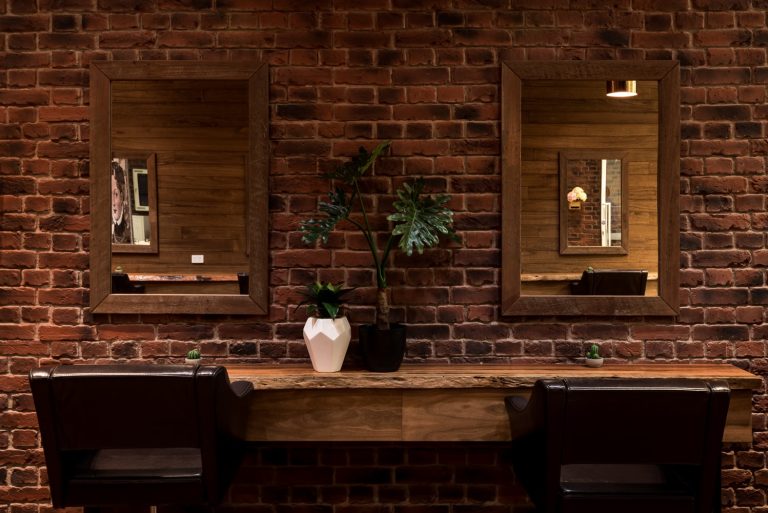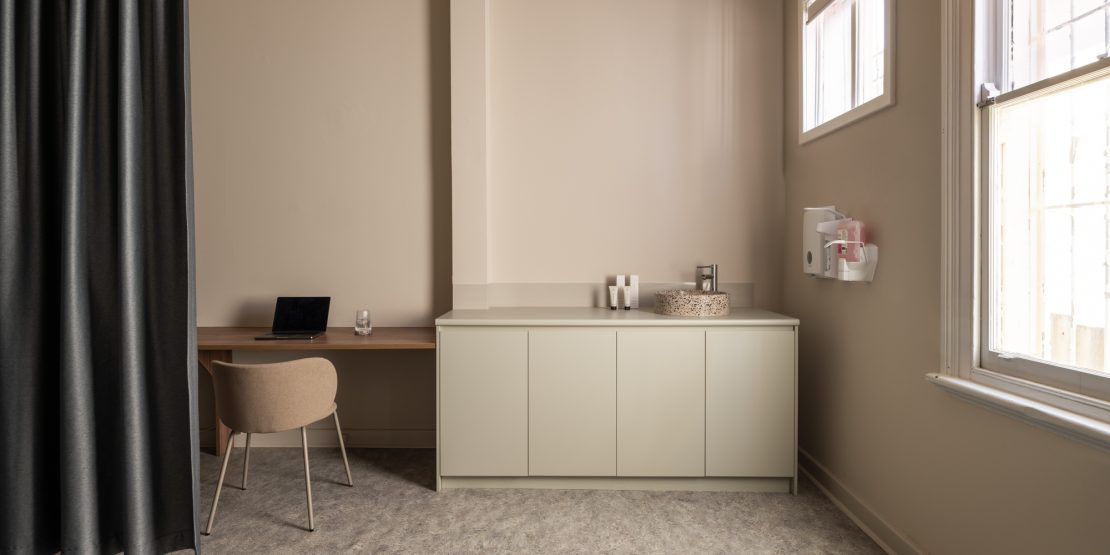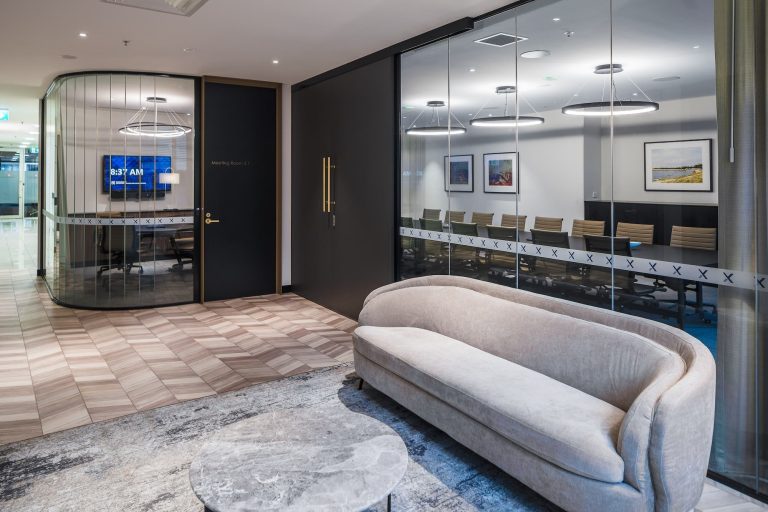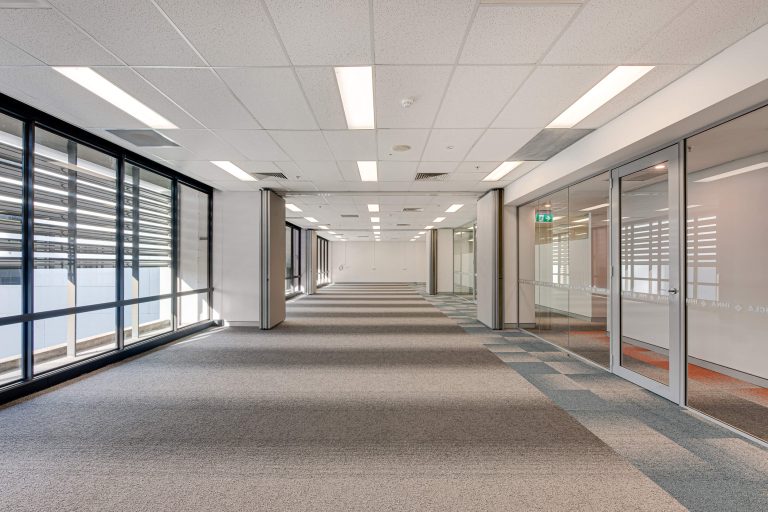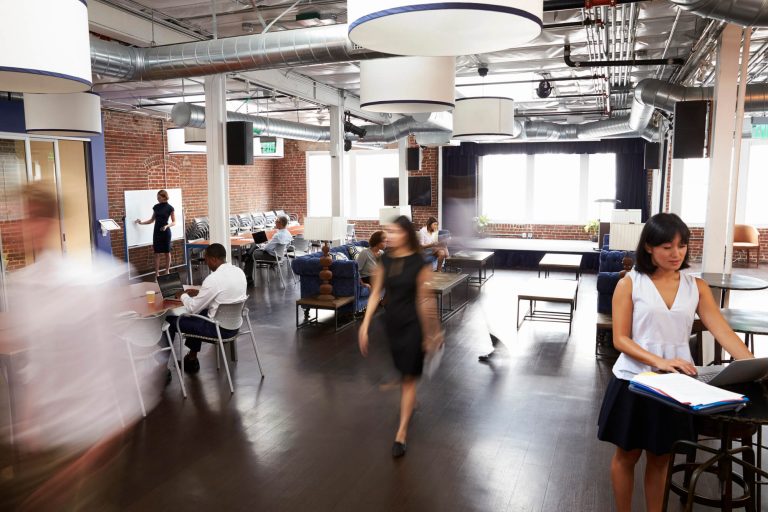Sustainable practices are the wave of the future. When it comes to planning fitouts, sustainable interior design should be at the forefront of your considerations for creating an eco-friendly space. From lighting and materials selection to insulation and waste management – there are many elements that need to be taken into account when planning an eco-friendly, sustainable office fitout, business space, shop fitout, or simple recreational area. Here we will delve into the key important considerations for a sustainable fitout, aiming to minimise environmental impact with natural and renewable materials, while still meeting safety standards with a sustainable design.
Lighting
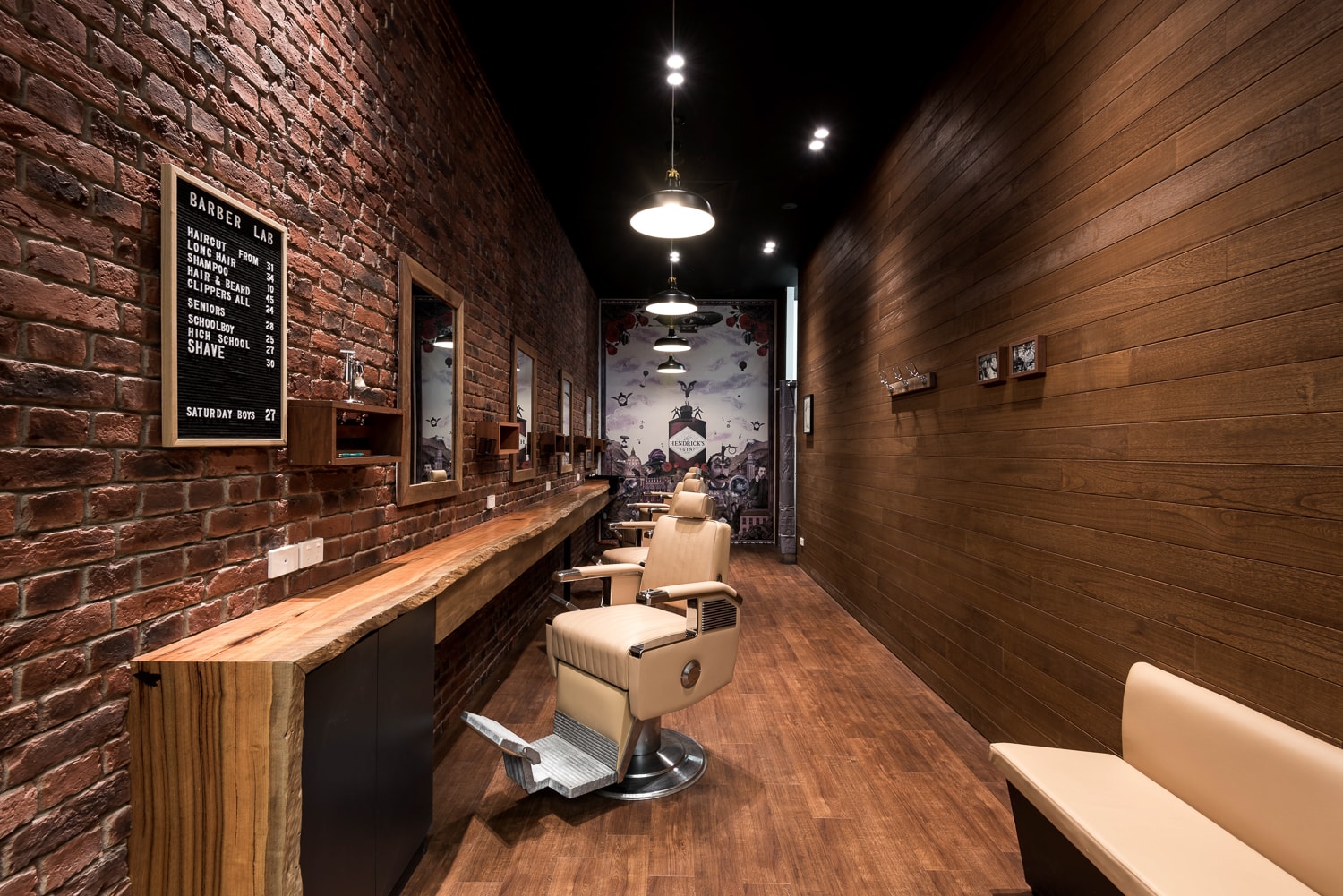
LED lighting stands out as the top choice for commercial fitouts due to its exceptionally low energy consumption and cost-effectiveness. Compared to incandescent bulbs, LEDs consume just 10% of the electricity, resulting in substantial monthly savings. LEDs last significantly longer – up to 50,000 hours compared to 1,000-2,000 hours for incandescents –
reducing the frequency of replacements. Additionally, LEDs emit minimal heat during operation and are highly resistant to shock or vibration damage.
When choosing an LED light fixture for your fitout project there are several factors that should be taken into consideration. Consider the wattage rating of the fixture to ensure it meets safety requirements desired light output, whether it be a more natural light or warmer tones. Consider the colour temperature of the bulb; this affects how warm or cool the light appears, with higher temperatures being cooler and lower temperatures warmer. Lastly, think about beam angle; which determines how wide an area the bulb can effectively illuminate from its source point.
Another important factor is dimming capability; some fixtures allow you to adjust their brightness levels while others do not offer any control over intensity level at all – if you want adjustable lighting then make sure that your chosen product has dimmable capabilities built in. Finally don’t forget about aesthetic appeal – choose fixtures that complement your overall sustainable design scheme but still provide sufficient illumination for your needs.
Ultimately, selecting high-quality, energy-efficient LED lighting solutions is key when creating a successful fitout project. They offer long-lasting performance, significant cost savings, and aesthetic appeal. So why not take advantage of all these benefits today? Lighting is a key factor in creating an efficient and sustainable fitout while reducing carbon emissions produced. By choosing sustainable materials and energy efficient appliances such as LED lighting, your space will be able to withstand environmental pressures while maintaining an attractive overall appearance. For more information on the importance of good lighting, check out one of our other articles on this topic.
Materials
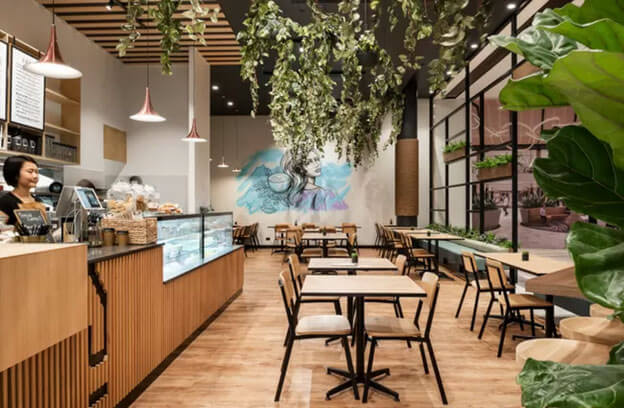
Environmental sustainability is a great way to combine cost-efficient options with sustainable design, organic materials and low environmental impact. When selecting eco-friendly materials for your fitout, you should consider the environmental impact of your interior design choices to more green design focuses. Sustainable options such as bamboo, cork, or recycled plastic can help reduce the carbon footprint of your fitout.
Bamboo, a quick-growing grass requiring little water to flourish, is an eco-friendly choice for constructing furniture, flooring and wall coverings. Cork is also an eco-friendly option that has been used in construction for centuries; it’s highly durable and easy to maintain. Recycled materials offers excellent durability at a fraction of the cost compared to other materials – plus it keeps plastics out of landfills.
You should also look into energy efficient lighting when planning your fitout. Rather than traditional bulbs, LED lights are more expensive initially yet their lower wattage consumption and extended life span result in reduced electricity bills and fewer replacements over time. Additionally, they last longer so you won’t need replacements as often which further reduces costs associated with lighting your space.
Insulation is another important factor in creating an energy efficient fitout; proper insulation helps keep heat inside during cold months while keeping cool air inside during hot weather months which saves money on heating/cooling bills throughout the year. Insulation products like spray foam offer great soundproofing benefits too so your space won’t be disturbed by noise from outside or between rooms.
Sustainable and recycled, reclaimed materials and natural resources are a key component of any environmentally conscientious space, as they have the potential to drastically reduce energy usage and reduce waste. Environmentally friendly insulating materials can be essential for maximising energy efficiency and environmental protection, while minimising waste, when designing a sustainable fitout.
Insulation
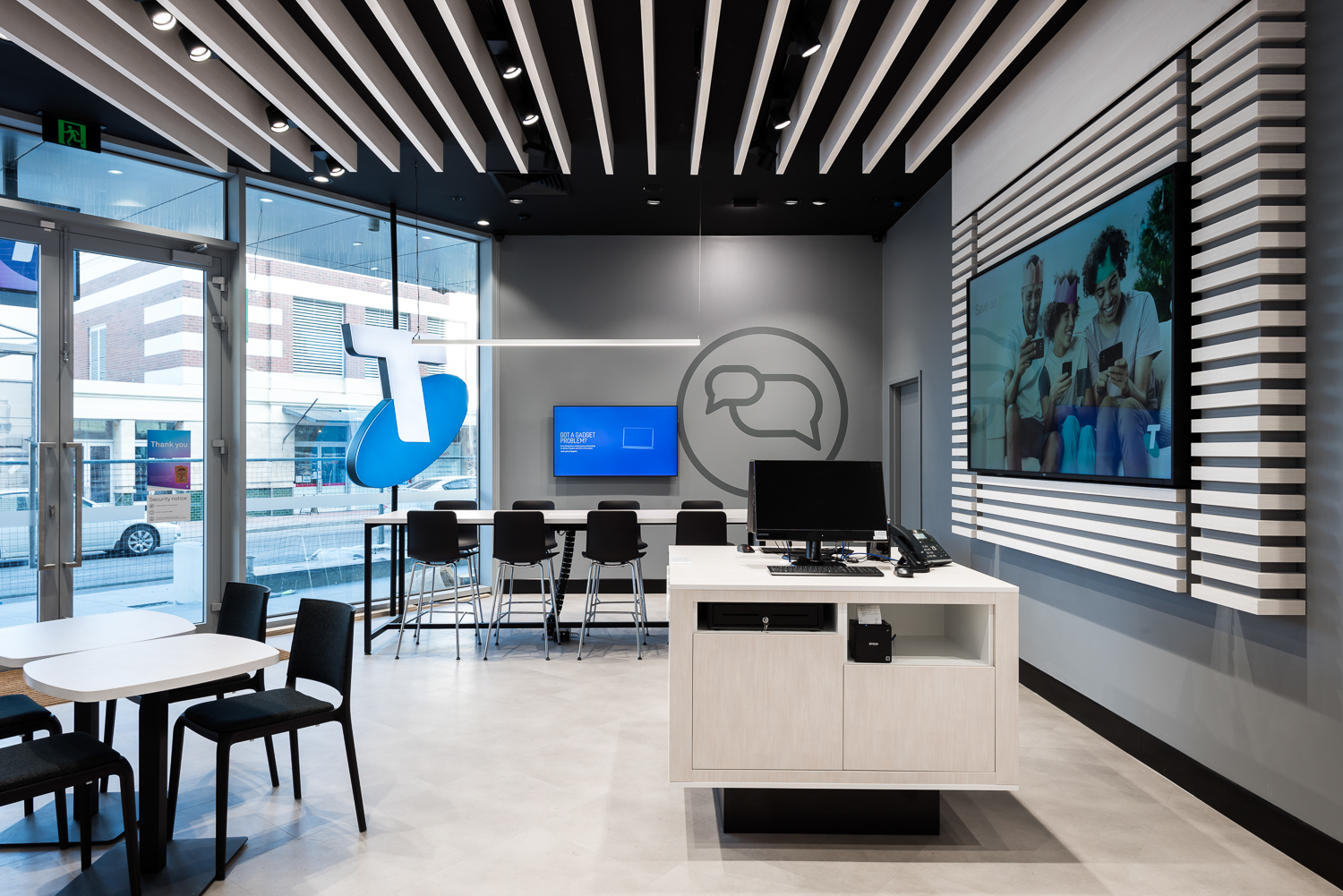
When it comes to fitout spaces, insulation is a key factor in ensuring your space remains comfortable and energy efficient year-round. Properly installed insulation can reduce heat loss through walls and ceilings, helping you save on heating costs during the winter months. Dig deeper to find more sustainable materials for these to reduce energy costs while also reducing greenhouse gas emissions and fossil fuels, and improving overall air quality. Furthermore, insulation can help maintain an ideal environment when combined with other climate control measures such as air conditioning or ventilation systems.
The type of insulation used for a property will depend on its size and location. For smaller properties located in colder climates, fibreglass batts are often recommended due to their affordability and ease of installation. They’re also fire resistant which helps protect against potential fires from faulty wiring or appliances. Larger buildings may require more advanced materials like spray foam or rigid board insulation that provides superior thermal protection and air quality across various aspects, while also preventing moisture buildup inside walls and ceilings.
Another important factor to consider when installing insulation is soundproofing – especially if you’re located near busy streets or airports where noise pollution could be an issue. Acoustic blankets are one option that offer good sound absorption without compromising on thermal efficiency; however they tend to be more expensive than traditional materials like fibreglass batts so should only be considered if noise reduction is a priority for your space.
Waste Management
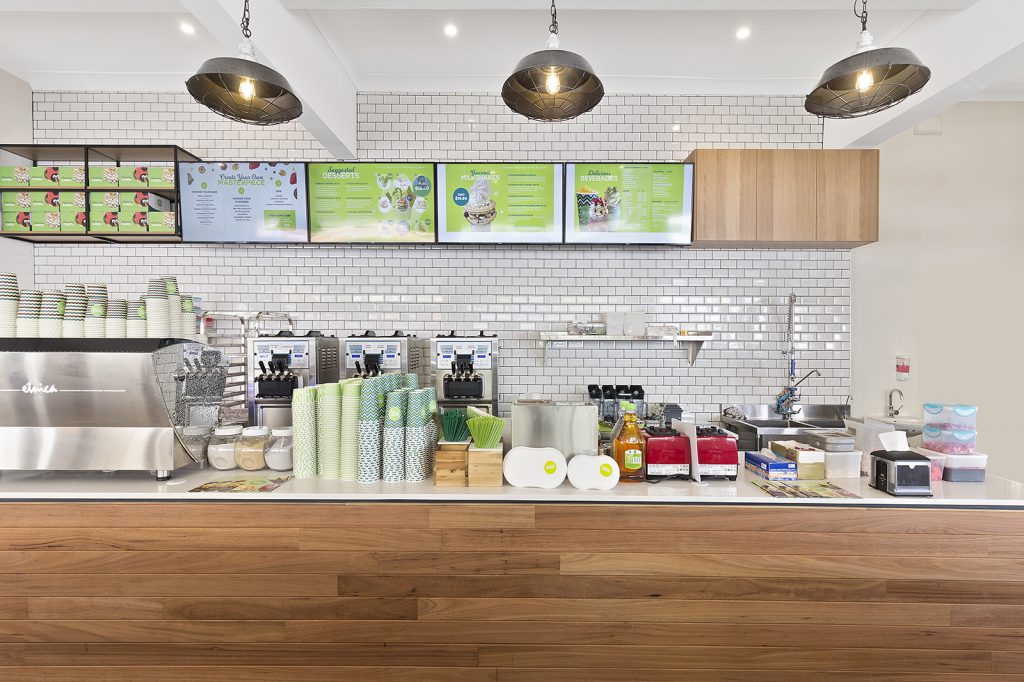
The waste management process is an important part of any commercial fitout. Integrating sustainability and creating a system to facilitate the recycling of materials and reduce landfill waste is essential. To achieve this, businesses must develop a strategy that outlines how they will handle their waste and guarantee it is discarded properly. When creating a waste management plan, it’s important to consider all aspects of your operations including production processes, water-saving appliances, ecological footprint, and more. For example, if you are using plastic or paper packaging materials during production then you should look into ways to reduce these items or switch them out for reusable options with recycled materials, such as reusable shopping bags or biodegradable containers.
Additionally, when disposing of these items, make sure you are recycling where possible rather than sending them straight to landfill sites which can cause environmental damage over time.
Everyone should also explore ways to decrease their carbon footprint, such as decreasing energy use and investing in renewable sources like solar or wind power, which can lead to long-term savings on bills while aiding the environment in waste reduction. This not only helps lower emissions but can also save money on energy bills in the long run.
Finally, invest in compost bins for food scraps so that they don’t end up going straight into landfills either – composting provides valuable nutrients back into soil which helps plants grow better and stronger.
Having an effective waste management system in place is key when it comes to successful commercial fitouts. Not only does it help protect our environment from further damage, but also ensures we stay compliant with local regulations regarding responsible disposal practices. Investing some time upfront can help save money down the line while helping contribute towards a greener future for us all.
Conclusion
In conclusion, a sustainable shop or office fitout is an important consideration for business owners and commercial property owners. When looking at an eco-friendly design, it’s essential to consider the type of lighting used in the space, as well as materials that are sustainably sourced and recycled whenever possible. Insulation should also be taken into account when designing a green fitout – this will help reduce energy costs while making sure your premises remain comfortable all year round. Incorporating appropriate waste management strategies is an important factor in creating a sustainable fitout space, ensuring that all debris generated during the process or daily operations can be handled correctly. Sustainable office design or fitouts provide numerous benefits and should not be overlooked by those wishing to do their part for the environment.
